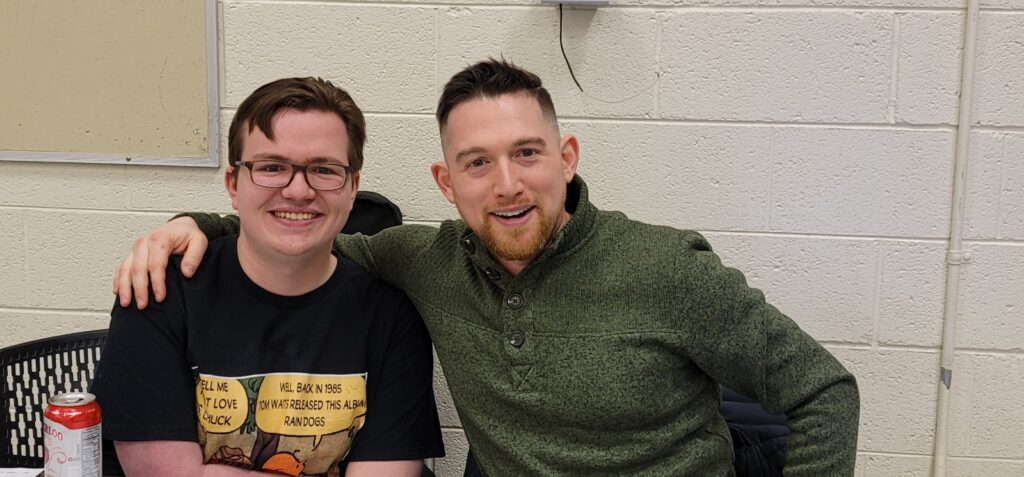Chess is a classic strategy game that has stood the test of time, having been played for over a thousand years. Despite its age, chess remains as popular as ever, with millions of people playing it all over the world. But what exactly makes chess such a great game, and why has it been so enduringly popular? In this blog post, we’ll take a look at some of the reasons why chess is so great.
- Mental stimulation: One of the main reasons why chess is so great is that it provides a significant mental workout. The game requires players to think ahead, consider all possible moves and outcomes, and make decisions based on strategy. This mental stimulation is a great way to challenge yourself and keep your mind sharp.
- Strategic depth: Chess is a complex game with many different pieces, each with its own unique abilities and limitations. The game also has a large number of possible moves, making it nearly impossible to memorize every possible outcome. This means that chess requires a great deal of strategic thinking and decision-making, making it a very challenging game.
- Social interaction: Chess is a two-player game that requires players to interact with each other. This social interaction can be a great way to make new friends and have a good time with others who share your interest in the game. Additionally, playing chess can also help to improve communication skills, as players must be able to explain their thought processes and decisions to each other.
- Cultural significance: Chess has a long and storied history, having been played for centuries in many different cultures. The game has been referenced in works of literature, art, and music, and has been used as a metaphor for life, war, and politics. This cultural significance is one of the reasons why chess continues to be so popular, even today.
- Accessibility: Another great thing about chess is that it is very accessible. The game requires nothing more than a chessboard and pieces, making it easy to play anywhere, at any time. Additionally, there are many different resources available for learning how to play chess, making it easy for people of all ages and skill levels to get started.
In conclusion, there are many reasons why chess is such a great game. Whether you’re looking for mental stimulation, a strategic challenge, or a way to interact with others, chess has something to offer. If you’ve never played chess before, now is the perfect time to give it a try and see why it has been so enduringly popular for so many years.


